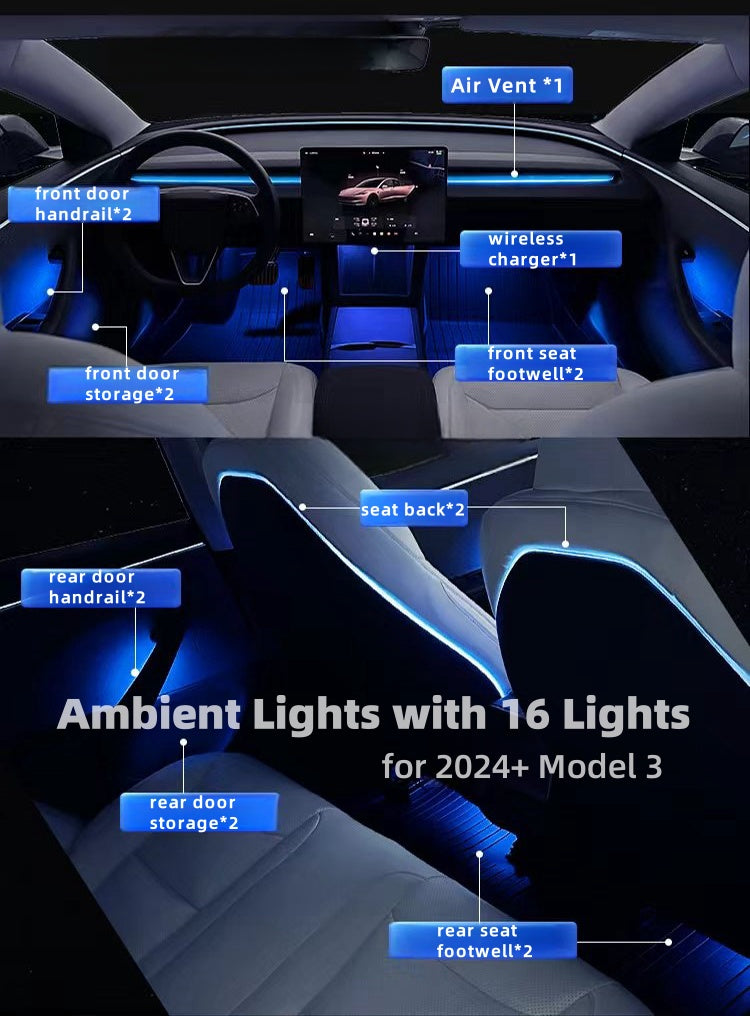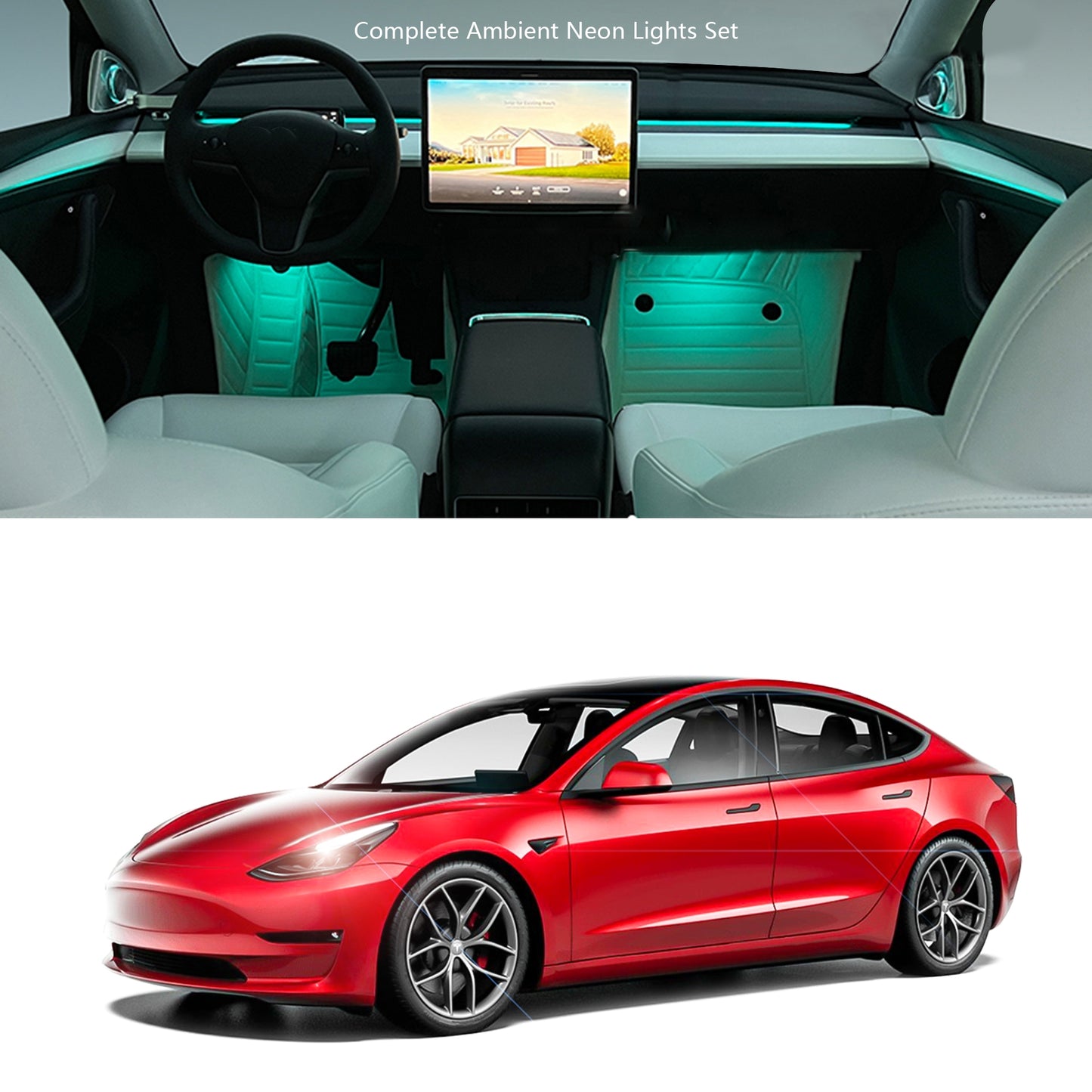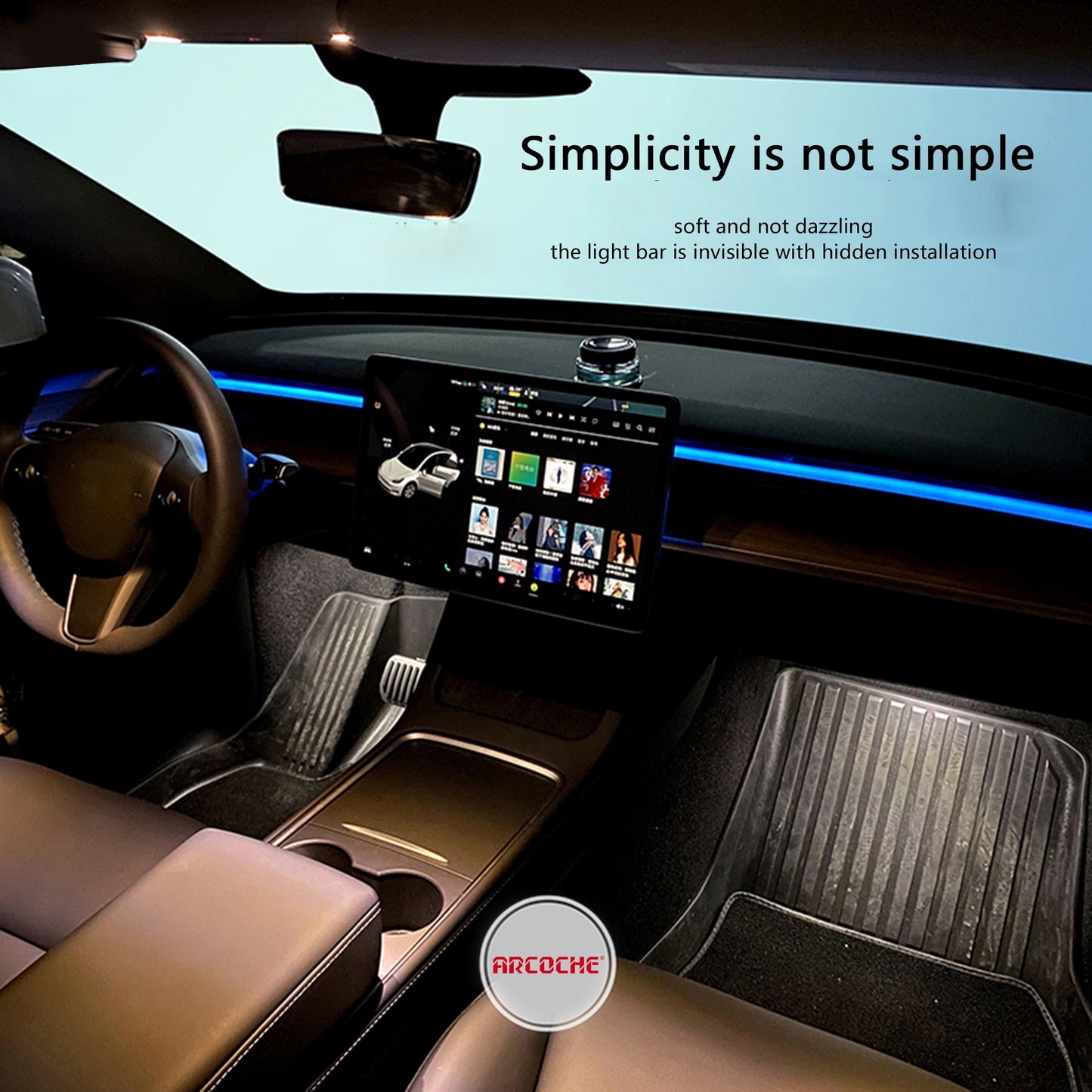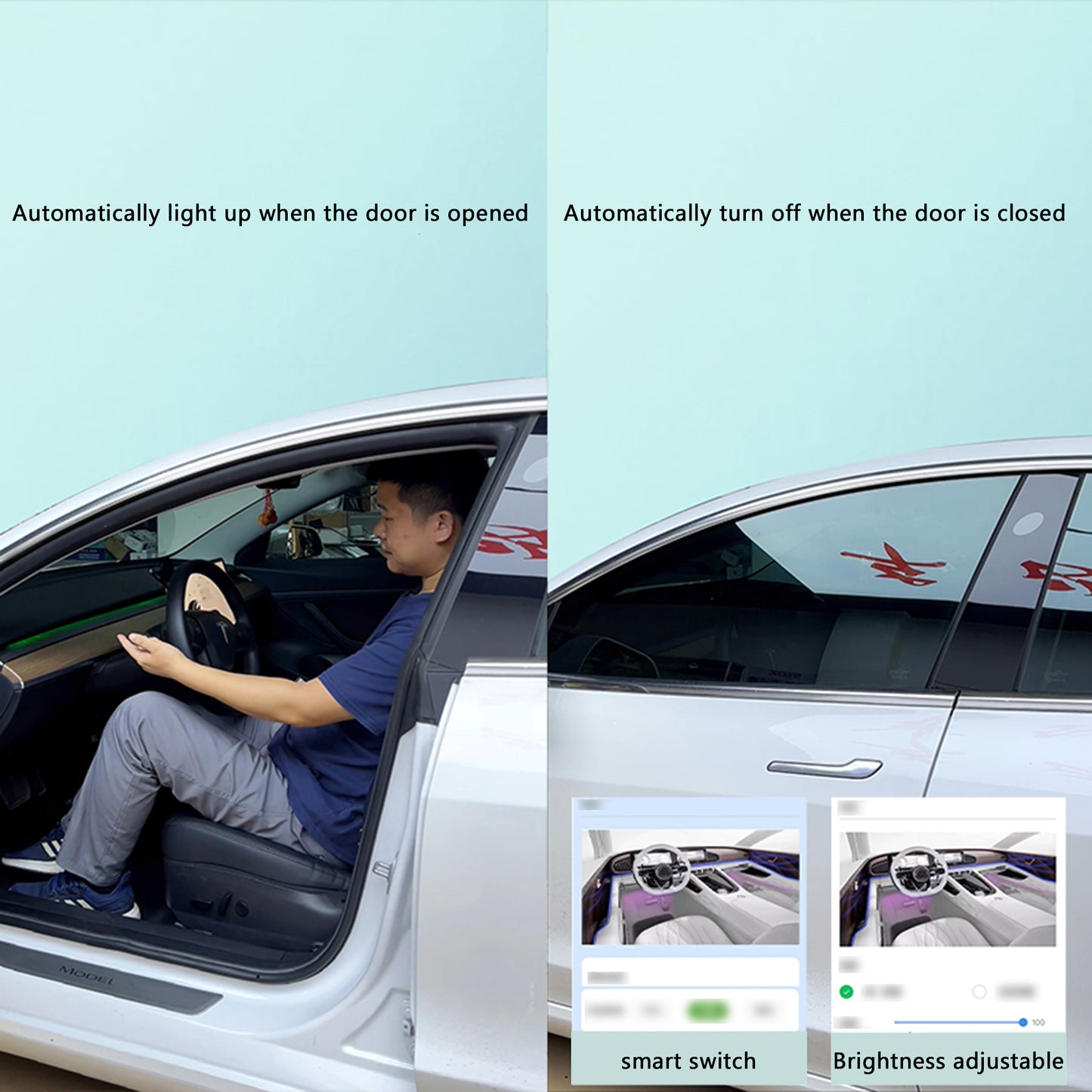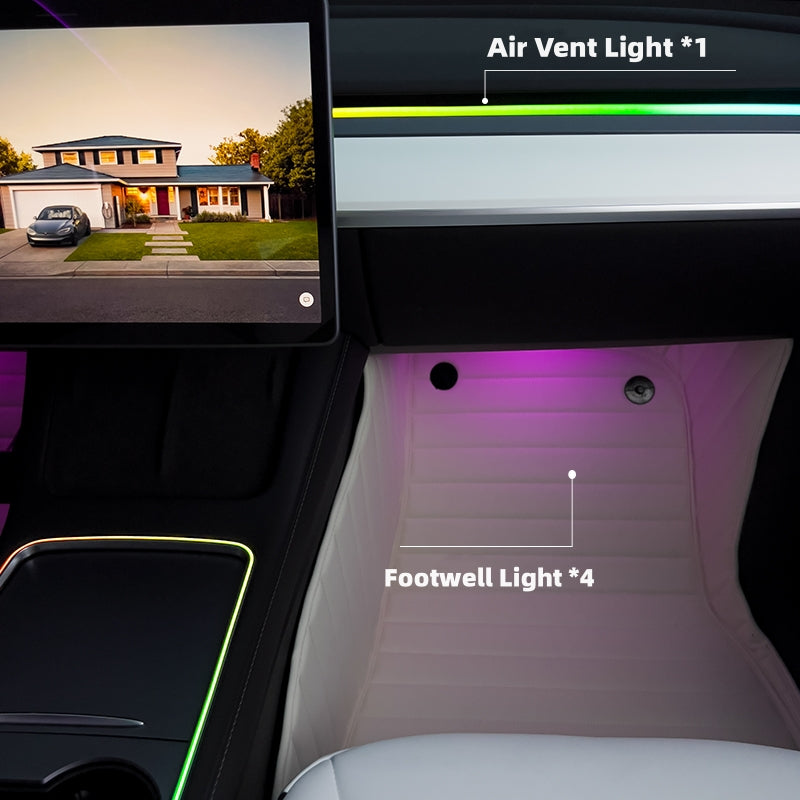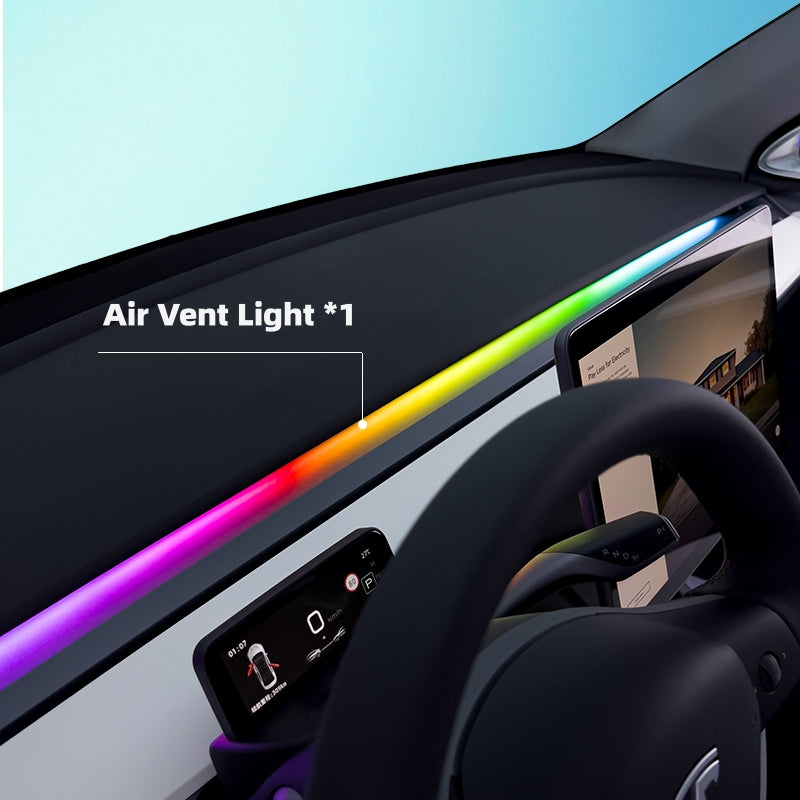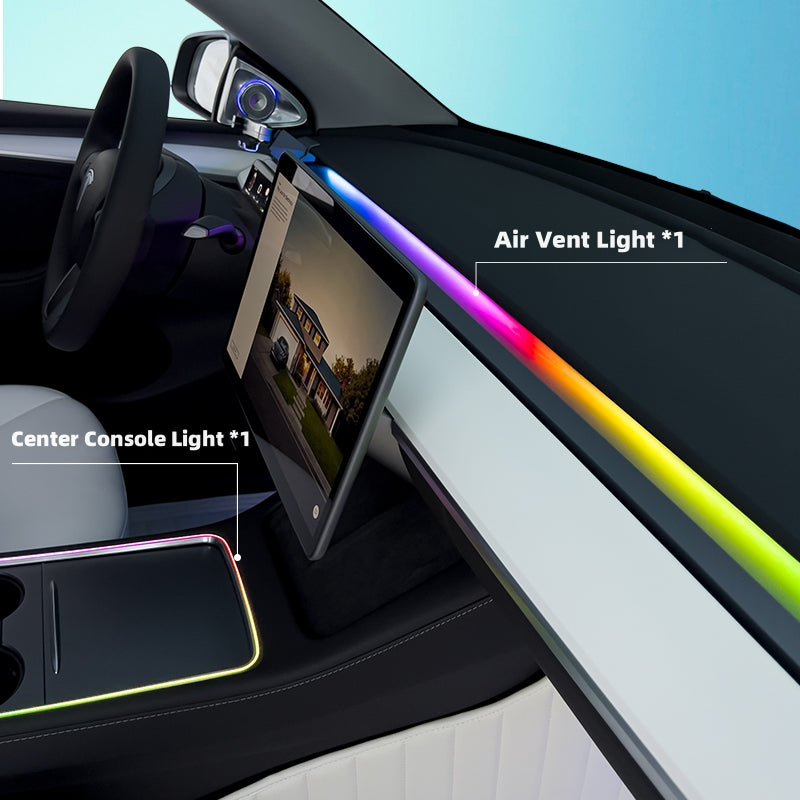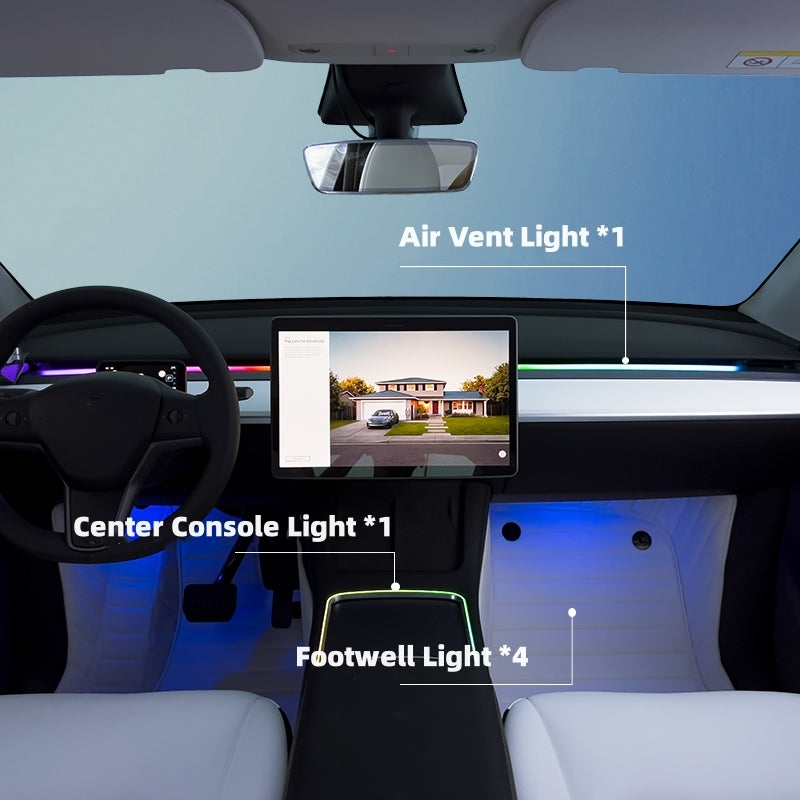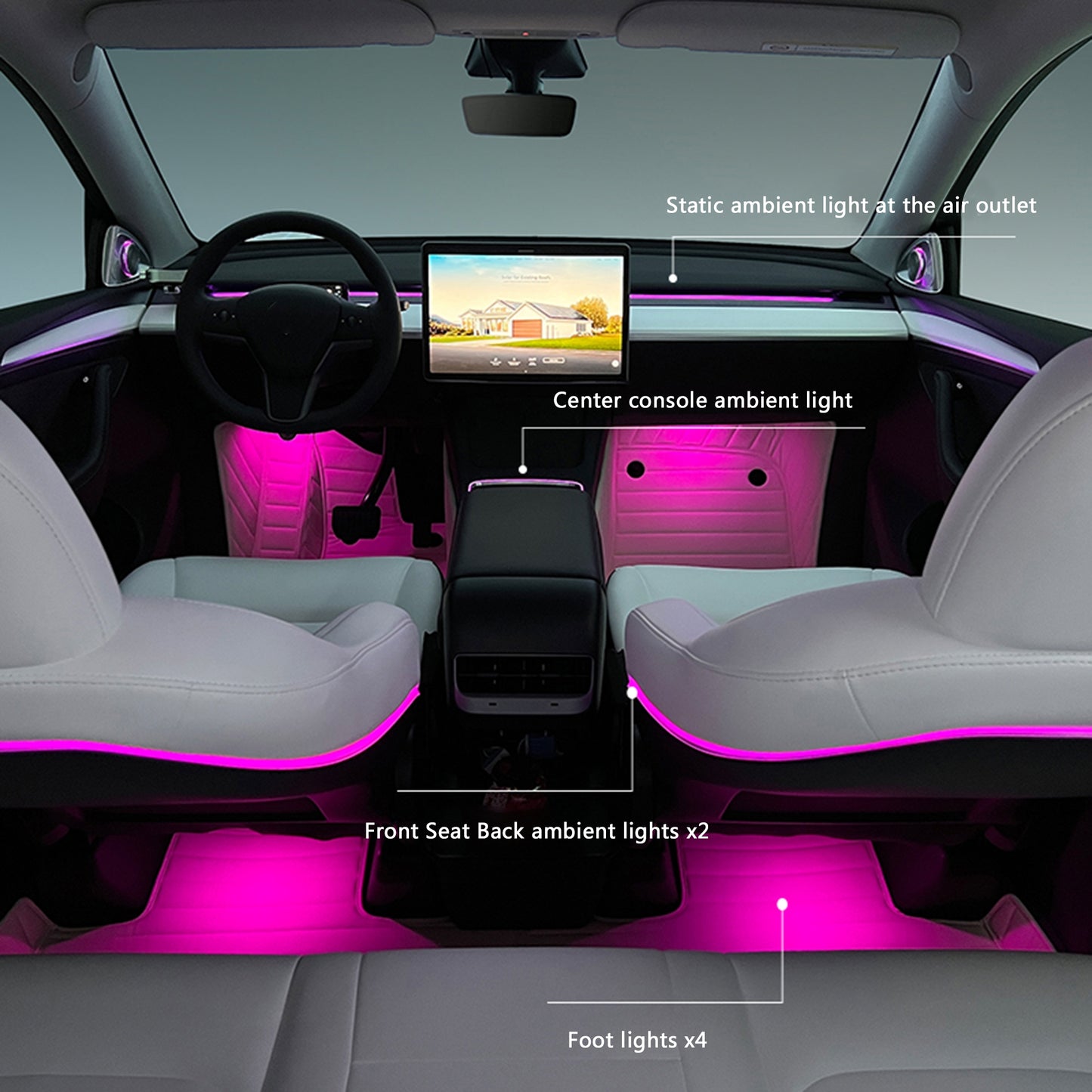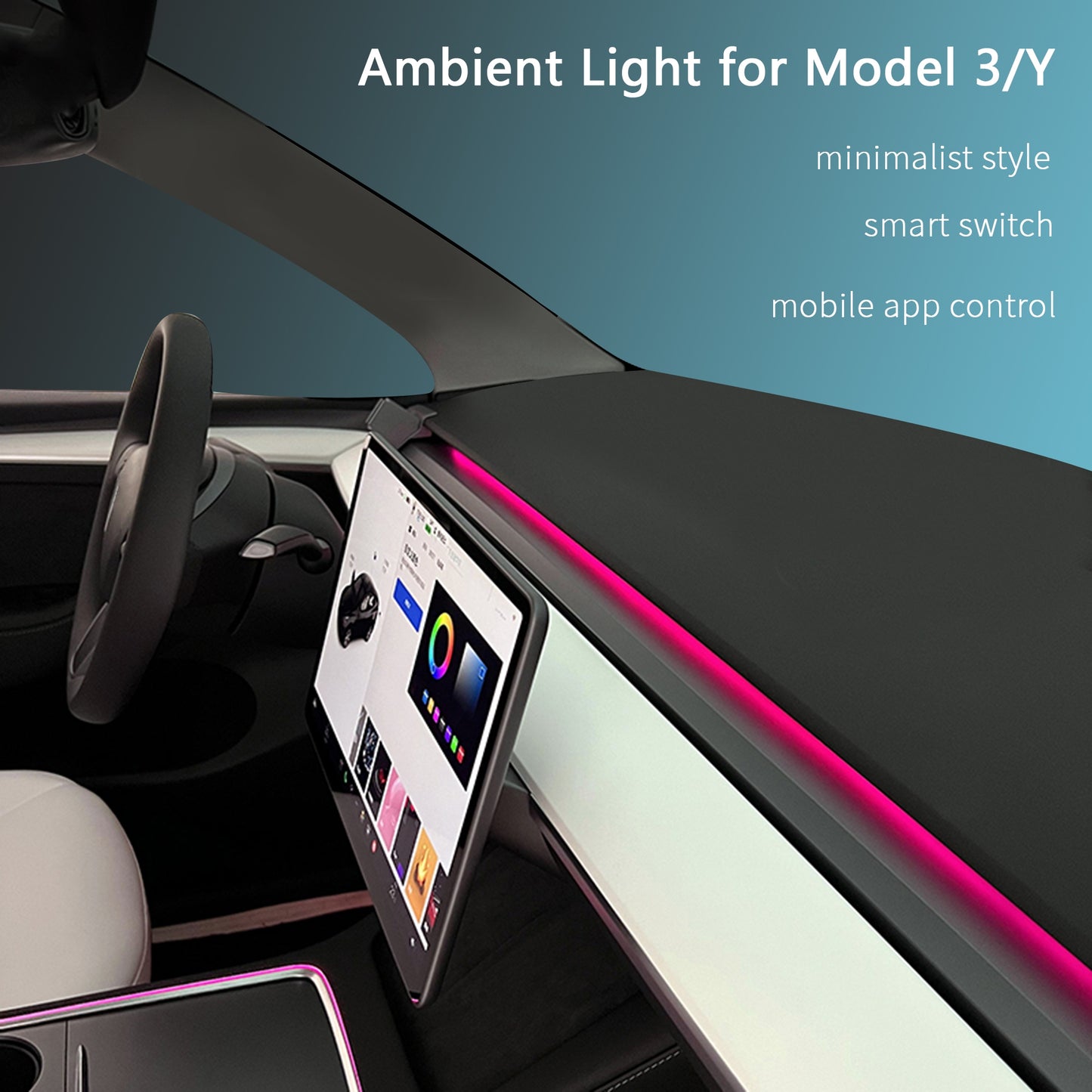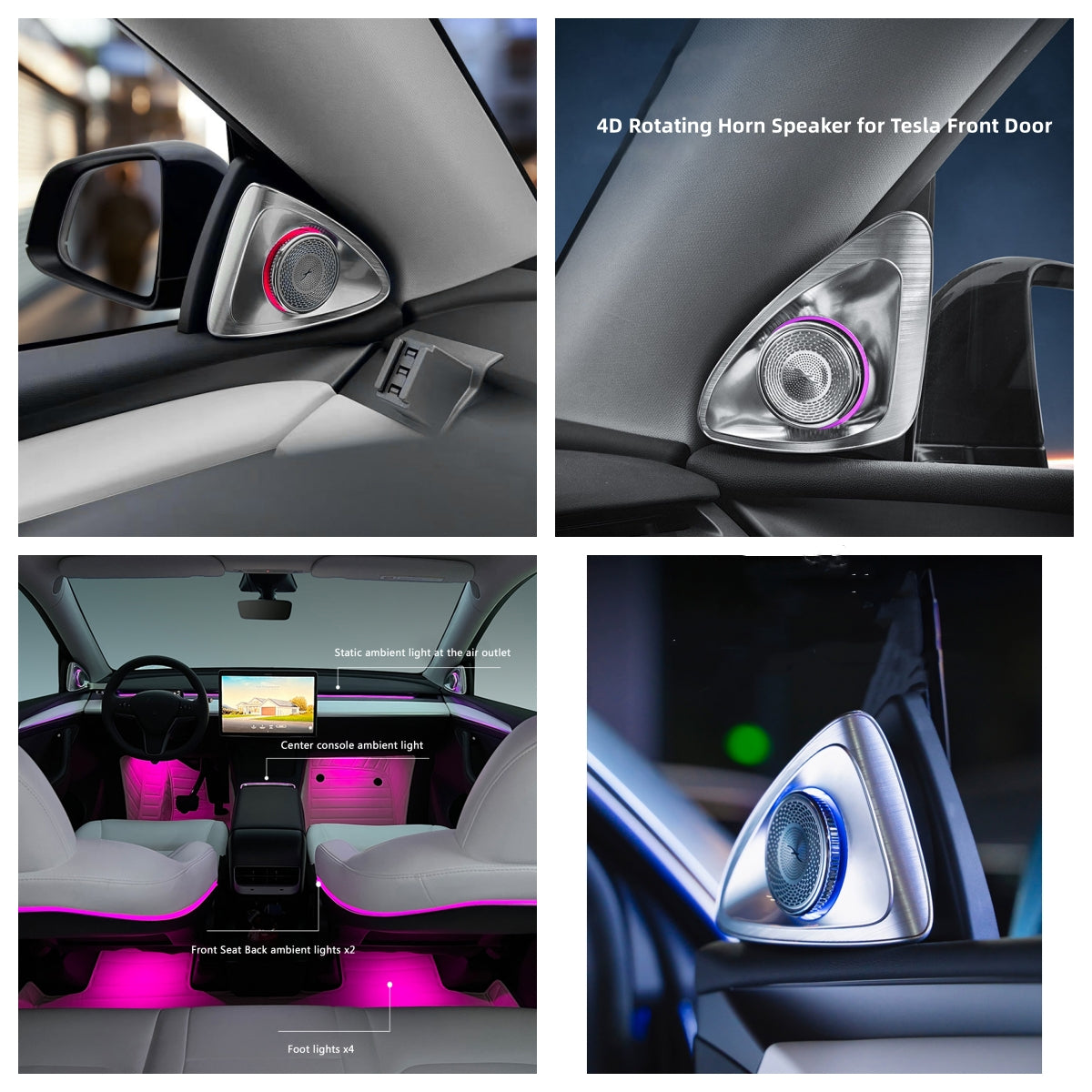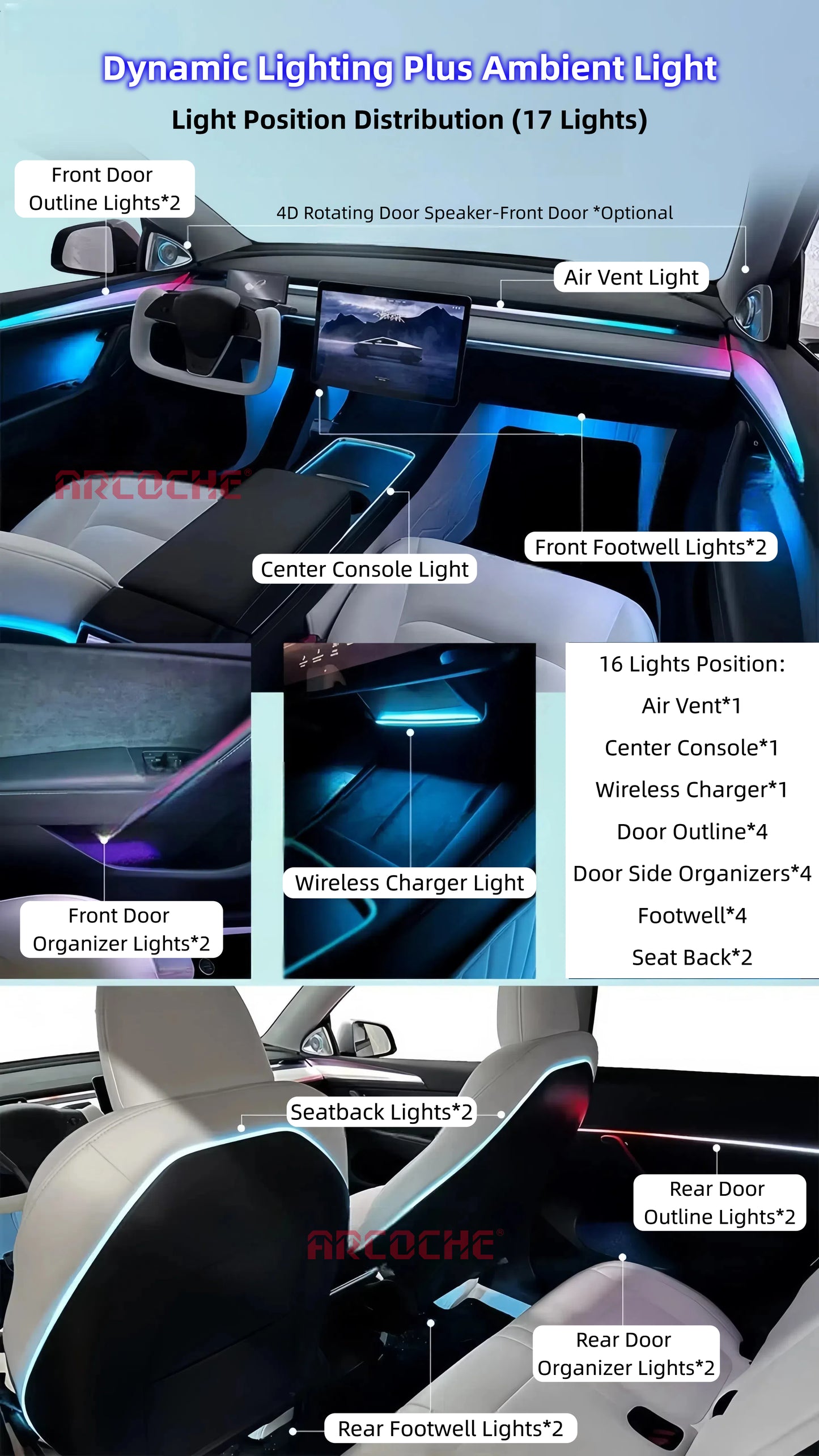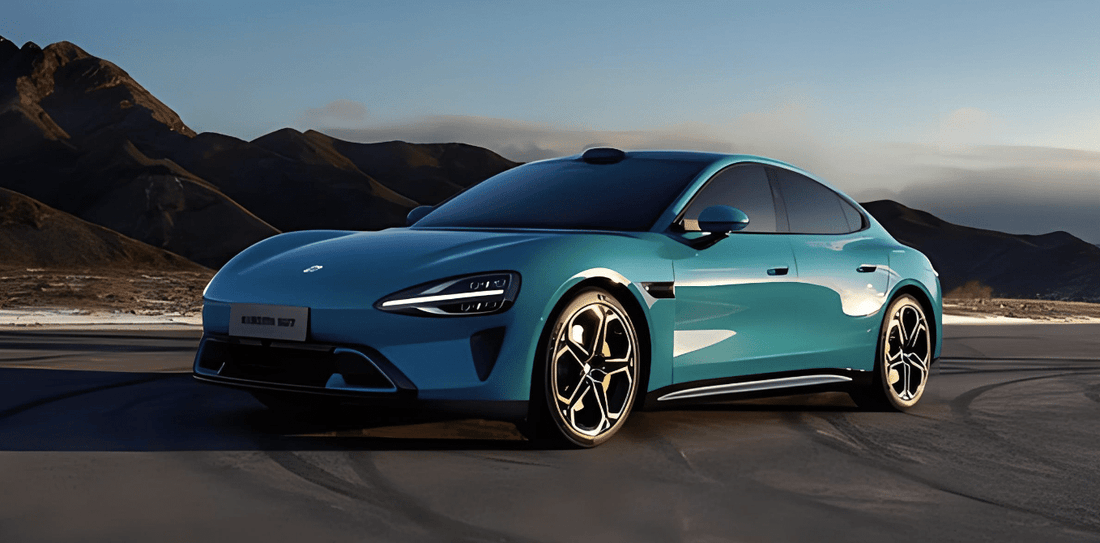
Xiaomi avanza con SUV inspirado en Tesla mientras el debut EV alcanza los objetivos
Resumen
Xiaomi pretende entrar en el mercado de vehículos eléctricos (VE) en 2025, empezando por los SUV, empezando por el modelo SU7. Con el objetivo de reducir la dependencia de los teléfonos inteligentes, la empresa está preparada para competir con competidores como Tesla y BYD, tras haber obtenido comentarios positivos del mercado y pronosticar una rentabilidad potencial para 2026.
Xiaomi Corporation pretende iniciar la producción y venta de un vehículo utilitario deportivo similar al Model Y de Tesla Inc. a partir de 2025, lo que marca una expansión significativa con la fabricación de su primer automóvil eléctrico SU7, que se espera que alcance alrededor de 100.000 unidades este año.
Según personas familiarizadas con el asunto, Xiaomi se está acercando a su capacidad máxima inicial y actualmente se centra en aumentar la producción para satisfacer la creciente demanda. Según se informa, la empresa utilizó el SUV de Tesla como referencia durante el desarrollo, según revelaron estas personas bajo condición de anonimato debido a la confidencialidad del proyecto.
La introducción de un SUV significaría una ampliación sustancial del proyecto de vehículos eléctricos de 10.000 millones de dólares de Xiaomi, encabezado por el cofundador multimillonario Lei Jun. En un intento por reducir la dependencia del volátil mercado de teléfonos inteligentes dominado por Apple Inc., Xiaomi se aventura en un dominio competitivo, desafiando a rivales establecidos como Tesla y BYD Co.
Las especificaciones exactas y el precio del SUV de Xiaomi siguen sin revelarse, aunque los SUV están ganando popularidad en China. Los planes para la producción, revelados inicialmente por el medio de comunicación local Yicai, pueden evolucionar en función del progreso en la expansión de la capacidad, agregaron las fuentes. Los representantes de Xiaomi no respondieron a las consultas por correo electrónico o teléfono.
Según una fuente, las conversaciones sobre un SUV comenzaron cuando Lei anunció en 2021 que los vehículos eléctricos representarían su último gran proyecto empresarial. Sin embargo, la empresa optó por priorizar el SU7, un sedán con un precio de 30.000 dólares o más, con un diseño que recuerda al Model 3 de Tesla y al Porsche Taycan.
Según una fuente, Xiaomi prevé que el SUV no entre en producción en masa hasta al menos finales de 2025, coincidiendo con la finalización de la segunda fase de su fábrica de ensamblaje en Pekín. Actualmente, la atención se centra en la producción del SU7, con una capacidad que permite menos de 10.000 entregas al mes, añadió la fuente.
Con más del 60% de sus ingresos derivados de los teléfonos inteligentes, Xiaomi se ha estado diversificando, en parte debido a la lenta demanda de dispositivos en su mercado local.
Sin embargo, se suma a numerosos competidores que compiten por una porción del mercado chino de vehículos eléctricos, el más grande del mundo, aunque uno en el que los márgenes se han reducido debido a una guerra de precios liderada por Tesla y BYD en medio de una desaceleración del crecimiento. Apple abandonó su proyecto de vehículos eléctricos, que llevaba tiempo incubando, después de enfrentarse a desafíos a la hora de aplicar su experiencia tecnológica a un nuevo sector manufacturero.
La serie SU7 de Xiaomi acumuló casi 90.000 pedidos confirmados a fines de abril, aproximadamente un mes después de su debut a fines de marzo. Las acciones de Xiaomi han subido aproximadamente un 30% desde el lanzamiento del SU7, acercándose a su nivel más alto en aproximadamente dos años y medio.
Según los analistas Frank He y Steven Wang de HSBC Qianhai Securities, el negocio de vehículos eléctricos de Xiaomi podría alcanzar el punto de equilibrio en 2026, dos años antes de lo estimado anteriormente, gracias a la mayor capacidad y a la recepción favorable del mercado de los modelos premium. Pronostican que los envíos se duplicarán con creces hasta alcanzar las 240.000 unidades en 2025. "Se espera que el cuello de botella de la capacidad se alivie en el tercer trimestre de 2024", afirmaron en un memorando reciente.
Xiaomi pretende entrar en el mercado de vehículos eléctricos (VE) en 2025, empezando por los SUV, empezando por el modelo SU7. Con el objetivo de reducir la dependencia de los teléfonos inteligentes, la empresa está preparada para competir con competidores como Tesla y BYD, tras haber obtenido comentarios positivos del mercado y pronosticar una rentabilidad potencial para 2026.
Xiaomi Corporation pretende iniciar la producción y venta de un vehículo utilitario deportivo similar al Model Y de Tesla Inc. a partir de 2025, lo que marca una expansión significativa con la fabricación de su primer automóvil eléctrico SU7, que se espera que alcance alrededor de 100.000 unidades este año.
Según personas familiarizadas con el asunto, Xiaomi se está acercando a su capacidad máxima inicial y actualmente se centra en aumentar la producción para satisfacer la creciente demanda. Según se informa, la empresa utilizó el SUV de Tesla como referencia durante el desarrollo, según revelaron estas personas bajo condición de anonimato debido a la confidencialidad del proyecto.
La introducción de un SUV significaría una ampliación sustancial del proyecto de vehículos eléctricos de 10.000 millones de dólares de Xiaomi, encabezado por el cofundador multimillonario Lei Jun. En un intento por reducir la dependencia del volátil mercado de teléfonos inteligentes dominado por Apple Inc., Xiaomi se aventura en un dominio competitivo, desafiando a rivales establecidos como Tesla y BYD Co.
Las especificaciones exactas y el precio del SUV de Xiaomi siguen sin revelarse, aunque los SUV están ganando popularidad en China. Los planes para la producción, revelados inicialmente por el medio de comunicación local Yicai, pueden evolucionar en función del progreso en la expansión de la capacidad, agregaron las fuentes. Los representantes de Xiaomi no respondieron a las consultas por correo electrónico o teléfono.
Según una fuente, las conversaciones sobre un SUV comenzaron cuando Lei anunció en 2021 que los vehículos eléctricos representarían su último gran proyecto empresarial. Sin embargo, la empresa optó por priorizar el SU7, un sedán con un precio de 30.000 dólares o más, con un diseño que recuerda al Model 3 de Tesla y al Porsche Taycan.
Según una fuente, Xiaomi prevé que el SUV no entre en producción en masa hasta al menos finales de 2025, coincidiendo con la finalización de la segunda fase de su fábrica de ensamblaje en Pekín. Actualmente, la atención se centra en la producción del SU7, con una capacidad que permite menos de 10.000 entregas al mes, añadió la fuente.
Con más del 60% de sus ingresos derivados de los teléfonos inteligentes, Xiaomi se ha estado diversificando, en parte debido a la lenta demanda de dispositivos en su mercado local.
Sin embargo, se suma a numerosos competidores que compiten por una porción del mercado chino de vehículos eléctricos, el más grande del mundo, aunque uno en el que los márgenes se han reducido debido a una guerra de precios liderada por Tesla y BYD en medio de una desaceleración del crecimiento. Apple abandonó su proyecto de vehículos eléctricos, que llevaba tiempo incubando, después de enfrentarse a desafíos a la hora de aplicar su experiencia tecnológica a un nuevo sector manufacturero.
La serie SU7 de Xiaomi acumuló casi 90.000 pedidos confirmados a fines de abril, aproximadamente un mes después de su debut a fines de marzo. Las acciones de Xiaomi han subido aproximadamente un 30% desde el lanzamiento del SU7, acercándose a su nivel más alto en aproximadamente dos años y medio.
Según los analistas Frank He y Steven Wang de HSBC Qianhai Securities, el negocio de vehículos eléctricos de Xiaomi podría alcanzar el punto de equilibrio en 2026, dos años antes de lo estimado anteriormente, gracias a la mayor capacidad y a la recepción favorable del mercado de los modelos premium. Pronostican que los envíos se duplicarán con creces hasta alcanzar las 240.000 unidades en 2025. "Se espera que el cuello de botella de la capacidad se alivie en el tercer trimestre de 2024", afirmaron en un memorando reciente.



